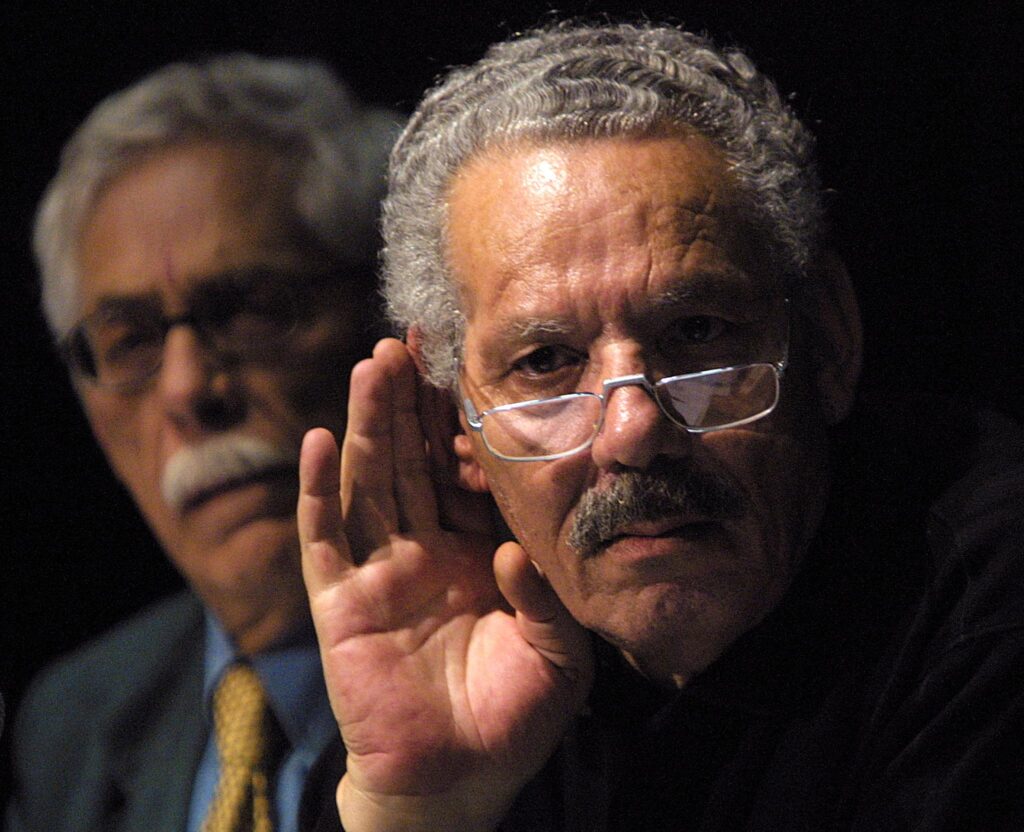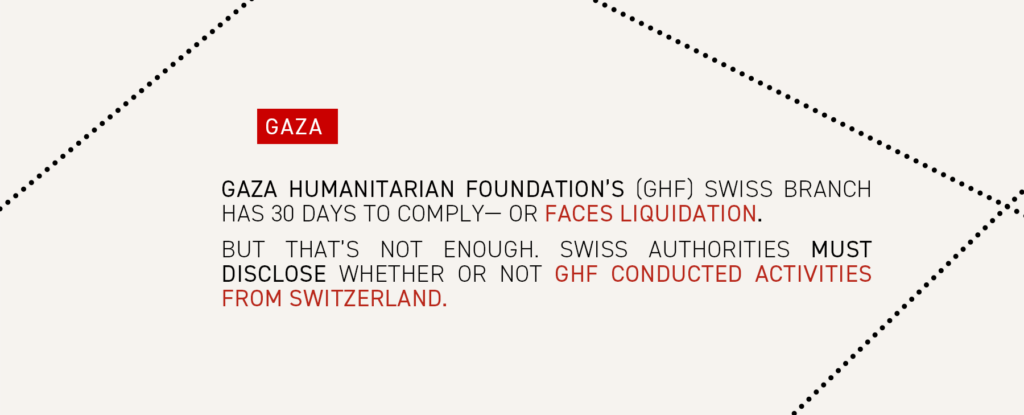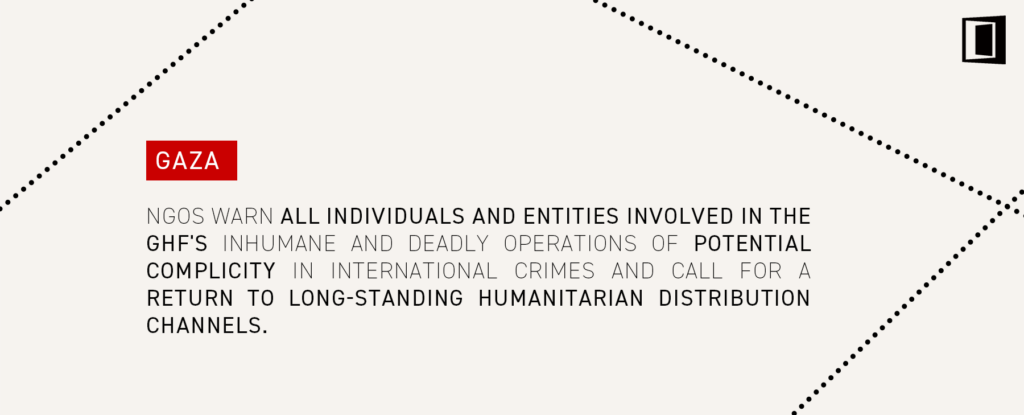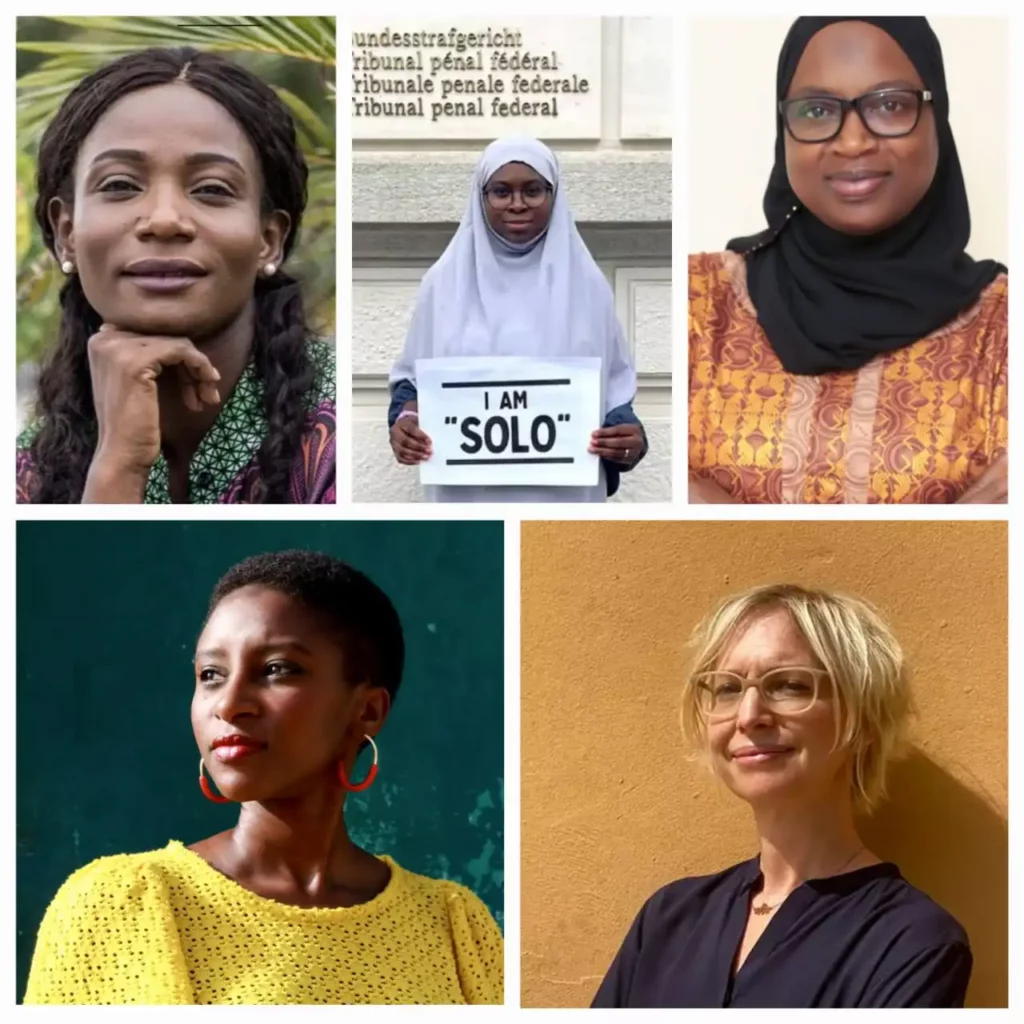DRC: head of militia receives 20 years sentence for mass crimes
Colonel « Marocain » was found guilty of sexual slavery, rape, looting and attack against civilians in DRC. An additional proof that justice can move forward in DRC, tempered by the dismissal of several victims from the proceedings.
On Saturday 28 April 2018 in Kalehe – some 70km from Bukavu – the Military Court of South Kivu has condemned the Lieutenant-Colonel Maro Ntumwa, known as “Marocain” to 20 years imprisonment. His crimes: to have organized or authorized war crimes and crimes against humanity as head of a local militia, from 2005 to 2007. Marocain’s superior had already been condemned by the same Court in 2014.
More information about Marocain’s crimes
“This condemnation is another important signal in the fight for justice in Eastern DRC” said Daniele Perissi, Head of the DRC program at TRIAL International. “The Congolese judiciary has proved its determination to sanction the authors of grave crimes, even when the events occurred more than 10 years ago.”
VICTIMS AT THE HEART OF THE PROCEEDINGS
This verdict marks the end of the trial before the Military Court of South-Kivu, held from 13 to 28 April 2018. The hearings took place in Kahele, close to the crime scenes and thereby facilitating access to victims and evidence.
Another positive outcome of the trial is the allocation of reparations for a dozen victims – 2’000 to 5’000 USD each. Sadly, several other victims were dismissed and will be unable to receive compensation.
The second downside is the rejection of the Congolese State’s civil responsibility. The judges did not retain the argument that the authorities had failed to prevent the crimes and protect the population against Marocain’s militia.
All these questions will be reviewed in last instance by the High Military Court in Kinshasa since Marocain immediately appealed the judgment rendered by the Military Court of South-Kivu.
WHAT HAS BEEN TRIAL’S ROLE IN THE CASE?
As a member of the Task Force for International Criminal Justice, TRIAL International has contributed to the case in various ways:
- Documentation: taking part in documenting missions, coaching lawyers in charge of gathering evidence, financing additional medical and DNA tests
- Supporting victims: registering victims’ stories, providing information and coaching to local NGOs, and free legal assistance through the group’s lawyers
- Legal strategy: continuous support and coaching of the victims’ lawyers, technical expertise to analyze evidence, implementation of the legal strategy
TRIAL will continue to support and provide legal assistance to the victims of these crimes until the end of the proceedings so that they will be able to effectively access compensation.
More information about TRIAL’s actions in DRC











